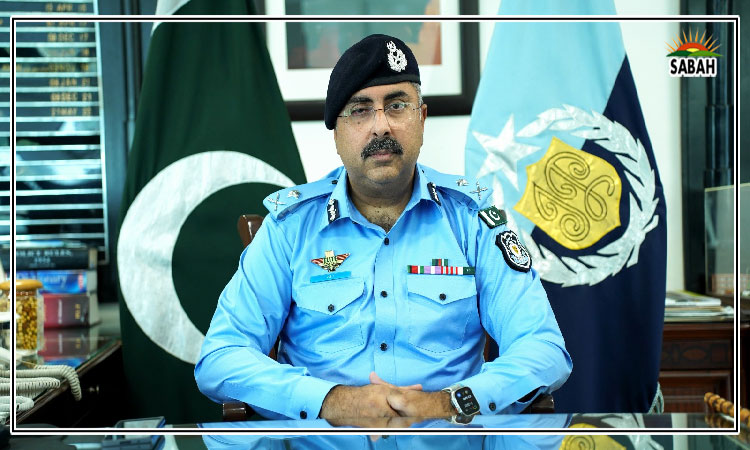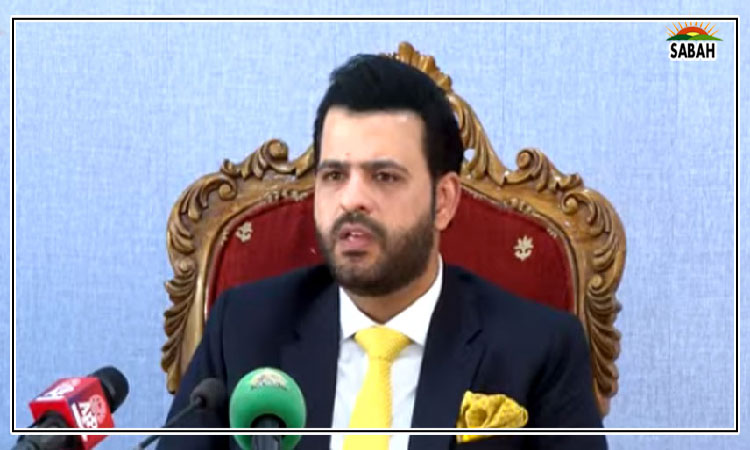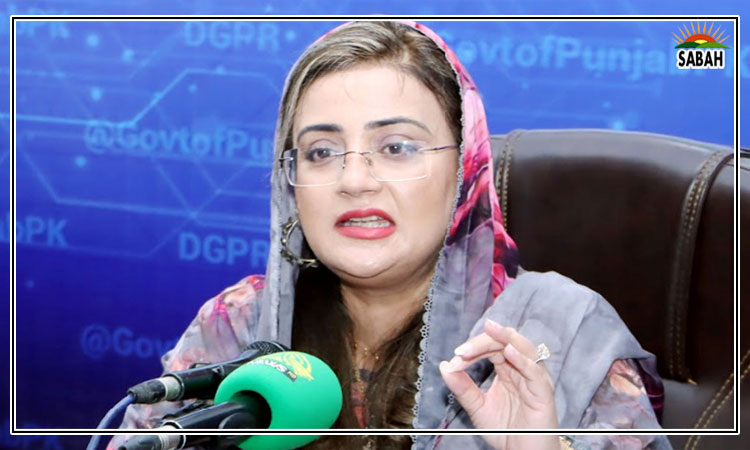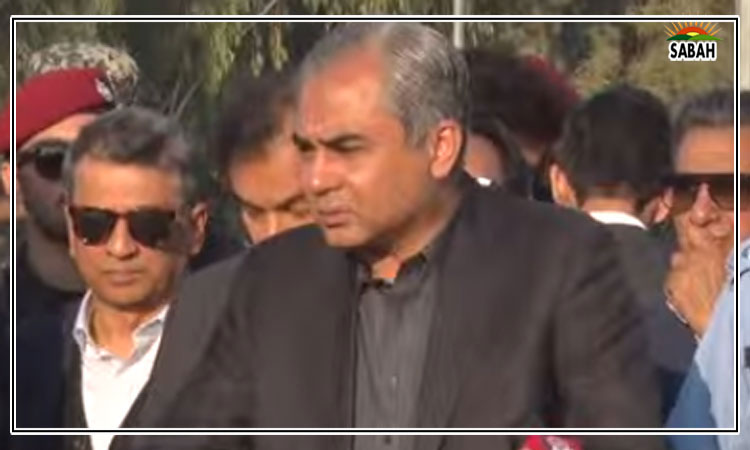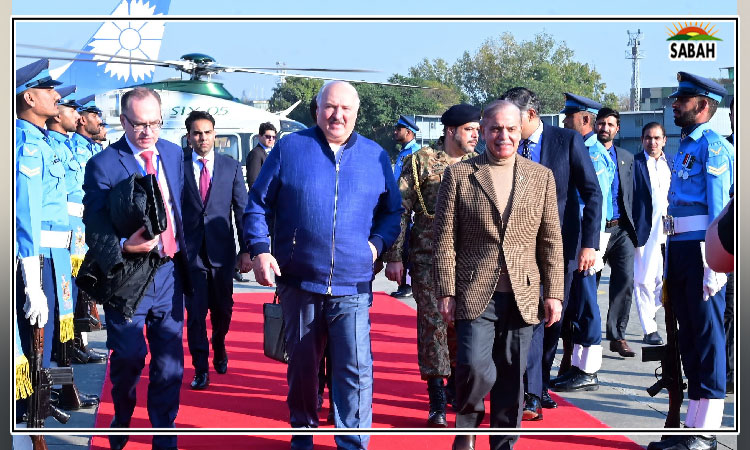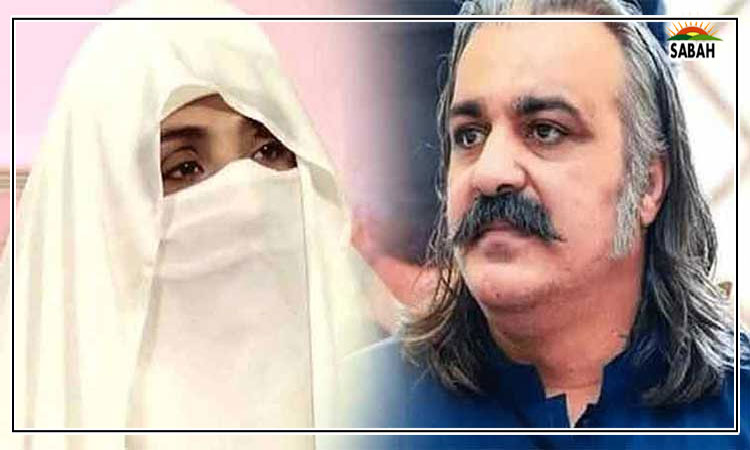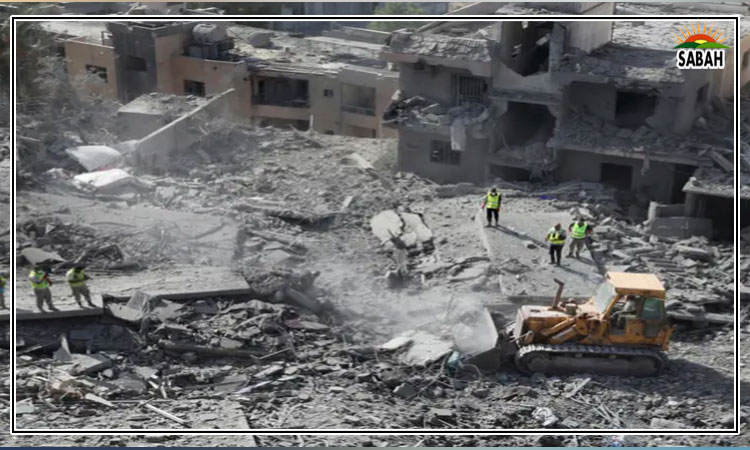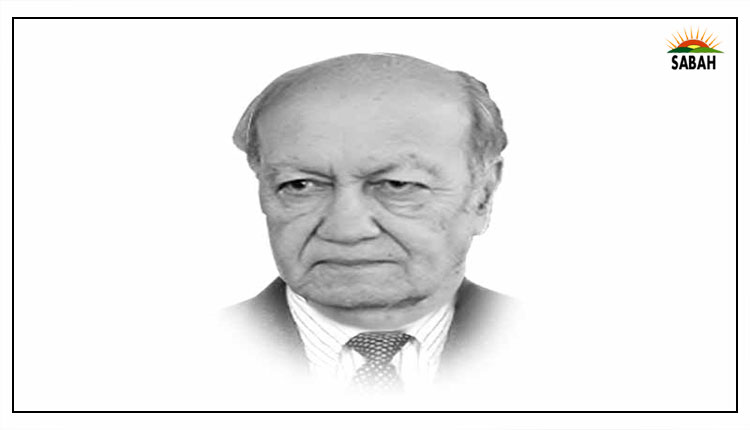Building trust in the system…Talat Masood
The trial court sentence of former PM and PTI chairman Imran Khan to three years in prison along with a fine of Rs100,000 followed by his hasty shifting to Attock Jail was a sad reflection of the nations plight. But considering our blighted history, it came as no surprise. It is not the first time that Pakistans PMs and Presidents, elected or those who came through coups, have met a similar fate. Some were even assassinated or died under mysterious circumstances. The list is long and a sordid reminder of our weak and troubled democratic evolution. A few that stand out need to be recalled.
The first PM Liaqat Ali Khan while addressing a huge public gathering in Rawalpindi was shot dead most probably by a hired assassin who was immediately molested and killed by the mob. The incident too remains inexplicable considering that security forces are expected to lay down a cordon around the PM and meticulously check for arms and other lethal devices of the audience.
The death sentence of Prime Minister ZA Bhutto, considered by many as judicial murder, divided the polity deeply the scars of which had a lasting effect.
General Zias demise along with a large number of senior army officers and the US ambassador in a plane crash remains to date a mystery.
The assassination of former Prime Minister Benazir Bhutto seemed so well planned. It was a tragic end of a political leader with a promising future. The motive of the murder and who was behind it is still unknown despite serious efforts by agencies. Even a UN-designated team failed to make any headway in its investigation.
Attempt on Imran Khans life during the protest movement in which he was seriously wounded remains inexplicable.
Leaders in mature democracies with relatively stable societies too have faced targeted killing or bomb blasts and lost their leaders. The most glaring example was the assassination of President JF Kennedy and Indra Gandhi. Deliberate efforts were made by respective governments to trace and punish the assassins, but not so in Pakistan.
In several countries important political leaders have faced serious judicial cases while in office or in retirement. President Donald Trump of the US, PM Netanyahu of Israel and Rahul Gandhi in India are currently being prosecuted facing judicial cases. Netanyahu was officially indicted for breach of trust, accepting bribes and fraud, leading him to legally relinquish his ministry portfolios other than prime minister. A former Israeli Prime Minister, Ehud Olmert was released from prison on parole after serving two-thirds of a 27-month sentence for fraud. By and large the due process of law is followed and any deviation or relaxation is vehemently challenged in courts and opposed through public protests.
It is important that the rule of law and its sanctity is preserved and not subjected to distortions and political interference, as is generally the case here. This was so evident from the haste that was shown in the trial of Imran Khan. He had committed an offense by not fully declaring some of his assets in accordance with the ECP rules. But had he been given more time to defend himself, justice would have been seen to be delivered. In Pakistan, political leaders in opposition bear the brunt, and those in power generally get their cases squashed or evidence diluted to an extent that it loses its sting. Nawaz Sharif and Shehbaz Sharif experienced the same ordeal when they were in opposition. In September 2020, Shehbaz Sharif was arrested as part of PM Khans anti-corruption drive. Khan had launched a campaign for months to malign and disrepute Nawaz and Shehbaz Sharif. Such practices set wrong precedence, erode the confidence of the public in the justice system and have a negative effect all round. Moreover, manipulating justice by those in power involves several unlawful activities, as a consequence, even unbiased and genuine cases are viewed with suspicion.
Experience of several years has demonstrated that the present hybrid model of governance in Pakistan has not produced the desired results of achieving efficiency and in some respects is dysfunctional. Besides, it cannot be subject to accountability in the conventional sense as policy and its faithful implementation are diffused and generally remain outside the ambit of the cabinet and parliament. The dilemma is that military leadership does not have confidence in the civilian governments ability to deliver good governance and supposedly feel obliged to overstep their constitutional domain. And this has been the general pattern of governance and has not been really successful so far and it is unlikely that it would be any different in future. Instead, what is needed is to strengthen the cabinet and parliament, where serious national issues are discussed and laws framed that improve accountability and governance. Only recently important legislation was passed at odd hours and in great haste by the ruling party perhaps to avoid serious scrutiny.
With the approval of digital census 2023, elections are likely to be postponed. The PML-N leadership perhaps is wary that their prospects in elections if held in the near future are bleak. The interim government nonetheless should ensure that fresh delimitation is accorded high priority and does not result in inordinate delay as it might lead to unforeseen consequences especially on the economy.
Over the past few years, the country has time and time again been marked by violence, poor leadership and a combination of greed and corruption. It is important that political parties give priority to good governance and efficiency instead of promoting personal or group interest.
Adding to our woes has been the effects of climate change bringing in unprecedented rainfall and flooding last year especially in parts of Sindh and South Punjab. We are being warned by experts that this type of flooding will become worse overtime and we could be hit both by our own failings and by fate. We could blame our stars but that gives no relief to those affected.
Ideally, the next elections should throw up leadership that steers the country toward political stability and pursues economic growth spurred by trade, technology and creating a favourable environment for foreign and local investment. How far we would succeed in this endeavour the next few years will demonstrate.
Courtesy The Express Tribune


